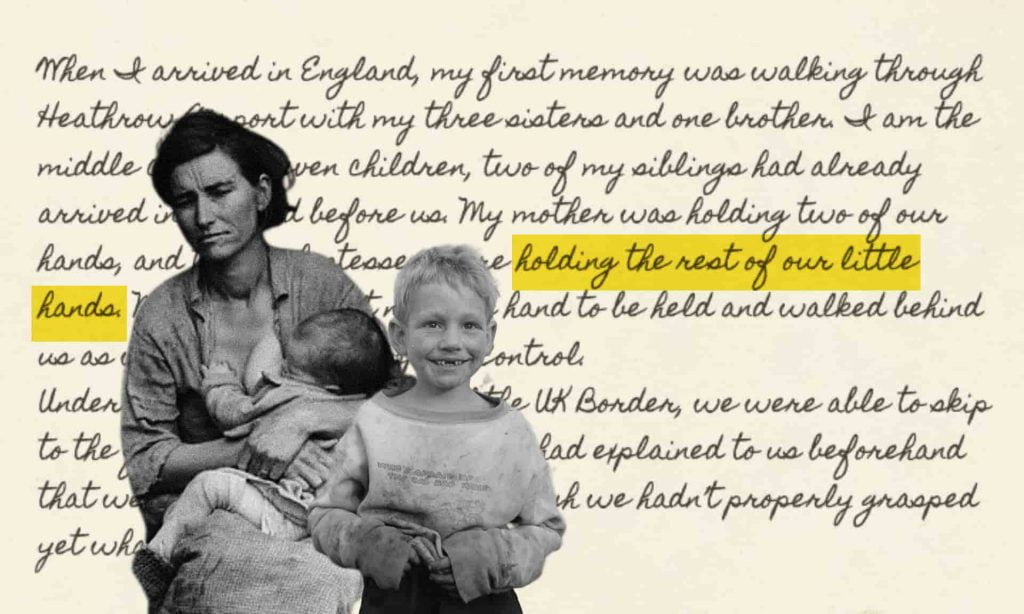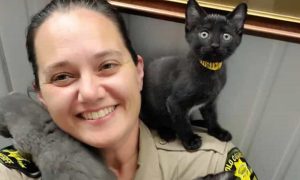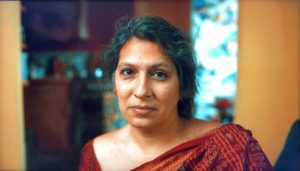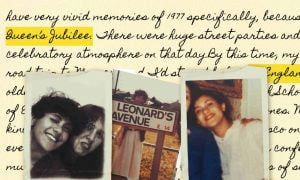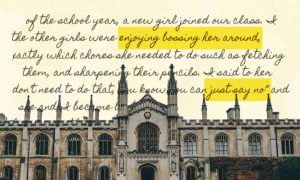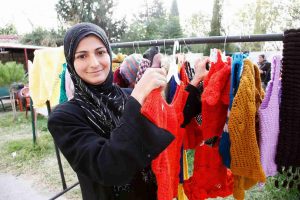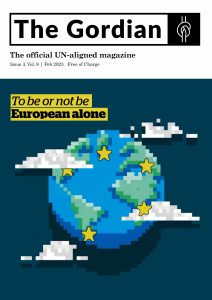Noor shares her experience as an immigrant child who came to England in the 70s from Morocco. At the time, she didn’t speak a word of English and was thrust into the British Primary School education system. This article contains strong language.
4th October 1974…
When I arrived in England, my first memory was walking through Heathrow Airport with my three sisters and one brother. I am the middle child of seven children, two of my siblings had already arrived in England before us. My mother was holding two of our hands, and the air hostesses were holding the rest of our little hands. My brother didn’t need his hand to be held and walked behind us as we approached Passport Control.
Under the fluorescent lights of the UK Border, we were able to skip to the front of the queue. Our mum had explained to us beforehand that we were coming to London, though we hadn’t properly grasped yet what that might be like.
I looked around with feelings of excitement and I remember saying “I think that this is London.” My brother said “No, we’re not there yet.”
After arriving, we had to take the London tube to where we would stay for the night. It was such a strange sensation to be sat on a train that was travelling underground. We moved through an endless black tunnel snaking under London. The upholstery on the tube seats was worn and faded from thousands of passengers sitting before us. My nose was full of the smell of oil and brake pads, the air was nauseating, hot and stuffy. The noise of the tube as it rattled through the stations was a high pitched dragging of metal.
We settled into a Victorian flat in Elephant and Castle in London. I was placed into a Catholic school with a purple school uniform. I’d sit in the classroom in total silence. The chatter was unintelligible babble to me, I couldn’t make sense of what was being said and was isolated in this strange, noisy world.
I’d just sit and pray for Allah to please forgive me
As with most schools, we had regular assemblies which would take place in a Church. An enormous crucifix hung before us at the front of the assembly and the entire time I’d just sit and pray for Allah to please forgive me for being there, and insisting that I was not worshipping the cross.
Just existing around Catholic imagery aged 8 years old made me feel as though I was a dreadful sinner. My father back in Morocco was very religious, and that had rubbed off on me.
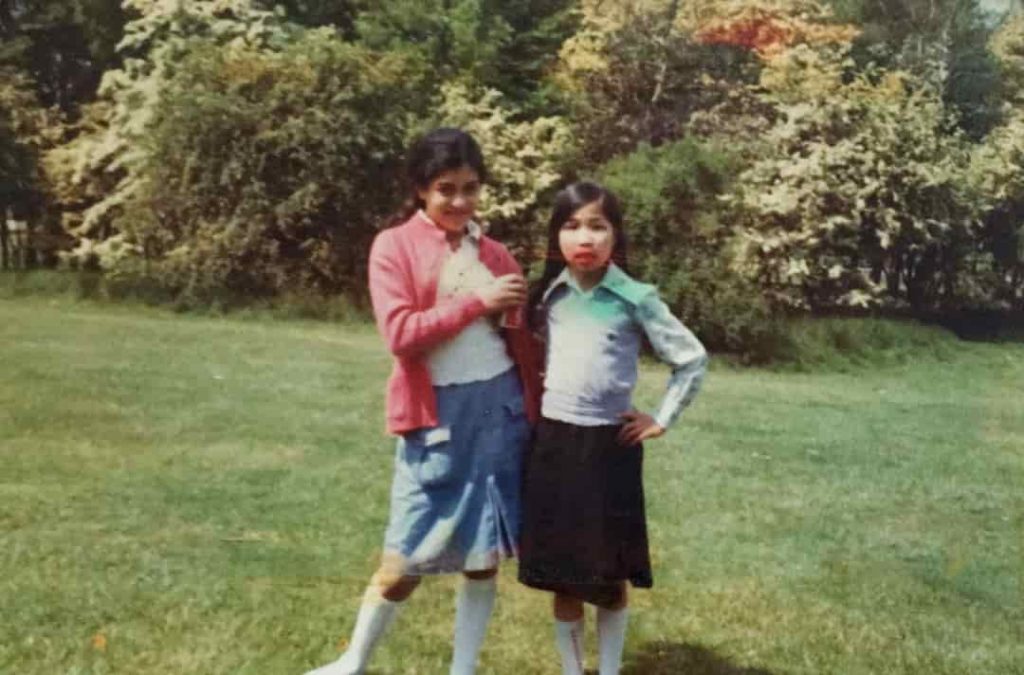
I remember break times, running around in the playground at school. In fact I remember being chased, or rather hounded by one girl in particular who alongside the chasing would spend her break time calling me a “Dirty Arab.”
Lunchtimes at this school were very peculiar for me, as with school dinners across the country, I’d have a choice of what to eat. Every week I’d manage to choose a dish with pork in it, and as I sat down to eat the teacher would approach me shouting “Pork! Pork!” and swiftly swap my plate for something else.
One thing that I enjoyed at school however was choir singing. I didn’t understand what I was singing about. I would just practice replicating the sounds of the words and singing them to the tune. Except for that, I existed in survival mode, just trying to get through each day.
Outside of these necessary interactions at school I never conversed freely, I wasn’t able to make friends. There was so much going on inside my head, but I simply didn’t have the language nor the confidence to articulate myself. I was surrounded almost entirely by white British children at school whom I couldn’t make friends with. I may have had plenty of exposure to English, but hardly any real life practice.
The groundwork for my education happened after the school day. My siblings and I would come home and practise what we had learnt at home together, all the while practising how to speak English with each other. Infact, it felt as though most of my learning happened at home, in those hours after school with my siblings. We’d be rather excitable and enthusiastic about our practice and drilling in the necessary curriculum. But then in the morning I would get to school and be almost completely mute.
We left Elephant and Castle in 1976, I was aged 11 at the time and still very much finding my feet, but was about to face my first day at secondary school.
- This is part one out of three from the “At school in 70s England” series.
- For privacy reasons, the interviewee has chosen to use the alias Noor.



